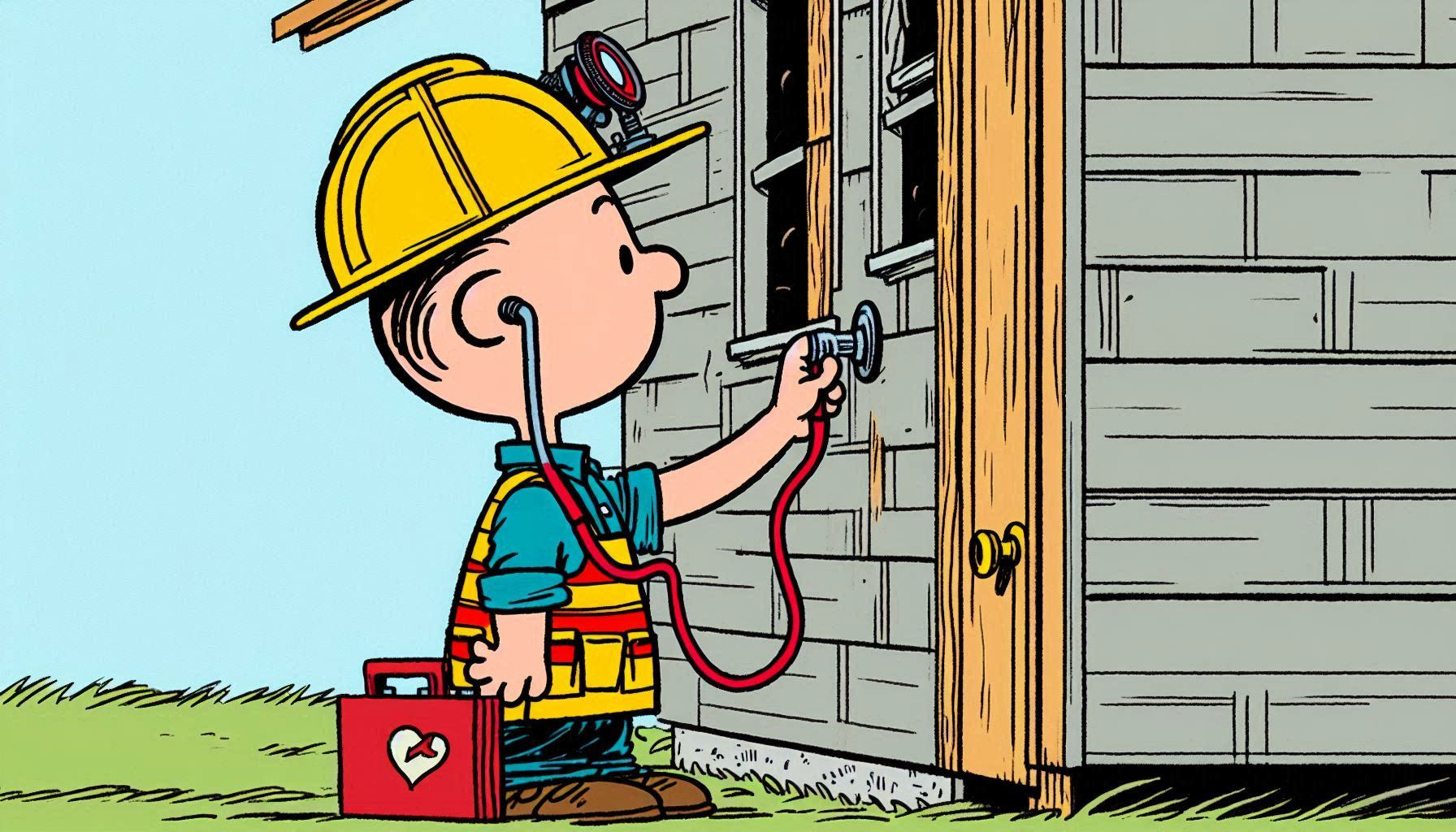Home Appraisals

All You Need to Know and Tips for a Smooth Process
Selling or buying a home? Learn what a home appraisal is and why it is important for buyers & sellers!
A home appraisal is usually a required part of the home-buying process. Whether this is your first real estate transaction or you just need a refresher, here is your insider’s guide to the home appraisal process.
Buying a home can be stressful. A home appraisal may feel like a nerve-racking process, but it’s actually there to ensure an easier transaction. The goal of a home appraisal is to ascertain the market value of a home.
Read On To Learn:
- What is a home appraisal?
- What are the stages in the process?
- 5 tips: What to be prepared for
Did you know? A home appraisal is different and separate from a home inspection. Getting a home inspected analyzes things like construction and systems. Appraisals are done to determine home value.
 1. What is a Home Appraisal?
1. What is a Home Appraisal?
A home appraisal is a process where an objective expert thoroughly assesses a home that is up for sale. The two goals are to check the quality of the home and assess its value.
Home Appraisal Impact:
- Buyers: A home appraisal ensures that you’re paying what a home is really worth.
- Sellers: A home appraisal may change what you can sell your home for or spark a renegotiation of terms.
Home appraisals are done by an objective and impartial professional. Most commonly, a lender will oversee this process and use a third-party appraisal management company.
Did you know? The standards for home appraisals are actually set by Congress through the Uniform Standards of Professional Appraisal Practice.
 2. Stages in the Home Appraisal Process.
2. Stages in the Home Appraisal Process.
Home appraisals are important. It takes a few steps to get through one.
- Lender Orders Appraisal: The process begins when a lender requests an appraisal.
- Licensed Appraiser is hired: A certified and licensed appraiser is hired to perform the evaluation.
- Borrower Pays for Appraisal: This cost is typically included in the closing costs.
- Home Value is determined: The appraiser assesses the home and determines its market value.
- Home Value Report is issued: A detailed report of the home’s value is provided to the lender and borrower.
How to Prepare for a Home Appraisal?
Here are a few ways sellers and buyers should prepare for a home appraisal.
Seller prep:
- Clean the home
- Conduct basic repairs and painting
- Be off-premises when the appraisal is being conducted
- Have all relevant documents on hand, including permits if you’ve renovated
Buyer prep: Discuss with your REALTOR® and other stakeholders:
- What will you do if the home appraises under the listing price?
- What will you do if the home appraises over the asking price?
Did you know?
-
You can order a pre-listing appraisal? This may lock in your sale price and expedite things down the road.
-
A buyer is not committed to paying the appraised value of a home for sale. It will change the logistics of your financing.

3. Tips for Home Appraisals.
As a buyer or seller, going into a home appraisal with the right expectations is valuable.
- Understand What Features Can Change the Home Value: For instance, a home appraiser will take square footage, utilities, renovations, and even the age of the home into account before making their declaration.
- Know the Value of Similar Homes: This should come into play whether you are listing or looking. Comps factor into a home appraisal.
- It Will Take at Least a Week: The availability of people, permits, and more could impact the turnaround time for a home appraisal.
- Know Your Options: Home appraisals may come in higher or lower than the listing price. You should discuss your options with your REALTOR® to know what your negotiation and price difference options are.
- Ordering Independent Appraisals: Not happy with the results? Question the outcome of an appraisal? Buyers or sellers can ask for a reevaluation of an appraisal or order an independent appraisal.

Florida - Specific Insights
Florida's unique real estate market and climate bring specific factors into play during a home appraisal:
- Hurricane Impact: Appraisers in Florida often consider the home's ability to withstand hurricanes. This includes the age and condition of the roof, storm shutters, and whether the home meets current hurricane codes.
- Flood Zones: Many areas in Florida are prone to flooding. The appraiser will assess the elevation of the home and its proximity to flood zones, which can affect insurance rates and overall home value.
- Coastal Properties: Homes near the coast may have higher values due to their location, but they also come with specific considerations such as erosion, saltwater damage, and higher maintenance costs.
- Outdoor Living Spaces: Florida's warm climate means that outdoor living spaces like patios, pools, and gardens can significantly enhance a home's value. Make sure these areas are well-maintained to make a good impression during the appraisal.
Conclusion
Navigating the home appraisal process can be challenging, but it’s a crucial step in buying or selling a home. Understanding what a home appraisal is, the stages involved, and how to prepare can help ensure a smooth process. By staying informed and working closely with your REALTOR®, you can make the best decisions for your real estate transaction.
Fun Fact
Did you know that SW Florida is home to the largest population of nesting bald eagles in the continental United States? 🦅
Interesting Place to Visit
The Naples Botanical Garden is a stunning 170-acre garden that showcases plants from around the world. It's a must-visit for nature enthusiasts and a great spot to unwind and enjoy the beauty of SW Florida.
Check out our other articles!
6 Essential Things to Check Before Buying a Home:
Categories
Recent Posts











